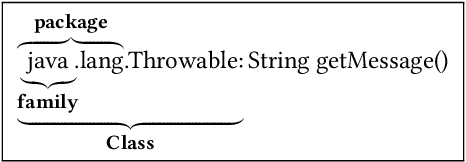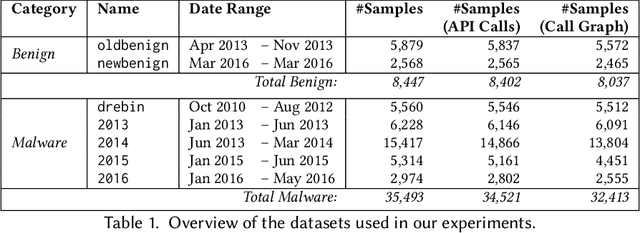Gordon Ross
A Nonparametric Discrete Hawkes Model with a Collapsed Gaussian-Process Prior
Sep 26, 2025Abstract:Hawkes process models are used in settings where past events increase the likelihood of future events occurring. Many applications record events as counts on a regular grid, yet discrete-time Hawkes models remain comparatively underused and are often constrained by fixed-form baselines and excitation kernels. In particular, there is a lack of flexible, nonparametric treatments of both the baseline and the excitation in discrete time. To this end, we propose the Gaussian Process Discrete Hawkes Process (GP-DHP), a nonparametric framework that places Gaussian process priors on both the baseline and the excitation and performs inference through a collapsed latent representation. This yields smooth, data-adaptive structure without prespecifying trends, periodicities, or decay shapes, and enables maximum a posteriori (MAP) estimation with near-linear-time \(O(T\log T)\) complexity. A closed-form projection recovers interpretable baseline and excitation functions from the optimized latent trajectory. In simulations, GP-DHP recovers diverse excitation shapes and evolving baselines. In case studies on U.S. terrorism incidents and weekly Cryptosporidiosis counts, it improves test predictive log-likelihood over standard parametric discrete Hawkes baselines while capturing bursts, delays, and seasonal background variation. The results indicate that flexible discrete-time self-excitation can be achieved without sacrificing scalability or interpretability.
MaMaDroid: Detecting Android Malware by Building Markov Chains of Behavioral Models (Extended Version)
Nov 20, 2017



Abstract:As Android becomes increasingly popular, so does malware targeting it, this motivating the research community to propose many different detection techniques. However, the constant evolution of the Android ecosystem, and of malware itself, makes it hard to design robust tools that can operate for long periods of time without the need for modifications or costly re-training. Aiming to address this issue, we set to detect malware from a behavioral point of view, modeled as the sequence of abstracted API calls. We introduce MaMaDroid, a static-analysis based system that abstracts app's API calls to their class, package, or family, and builds a model from their sequences obtained from the call graph of an app as Markov chains. This ensures that the model is more resilient to API changes and the features set is of manageable size. We evaluate MaMaDroid using a dataset of 8.5K benign and 35.5K malicious apps collected over a period of six years, showing that it effectively detects malware (with up to 0.99 F-measure) and keeps its detection capabilities for long periods of time (up to 0.87 F-measure two years after training). We also show that MaMaDroid remarkably improves over DroidAPIMiner, a state-of-the-art detection system that relies on the frequency of (raw) API calls. Aiming to assess whether MaMaDroid's effectiveness mainly stems from the API abstraction or from the sequencing modeling, we also evaluate a variant of it that uses frequency (instead of sequences), of abstracted API calls. We find that it is not as accurate, failing to capture maliciousness when trained on malware samples including API calls that are equally or more frequently used by benign apps.
Privacy-Friendly Mobility Analytics using Aggregate Location Data
Oct 09, 2016



Abstract:Location data can be extremely useful to study commuting patterns and disruptions, as well as to predict real-time traffic volumes. At the same time, however, the fine-grained collection of user locations raises serious privacy concerns, as this can reveal sensitive information about the users, such as, life style, political and religious inclinations, or even identities. In this paper, we study the feasibility of crowd-sourced mobility analytics over aggregate location information: users periodically report their location, using a privacy-preserving aggregation protocol, so that the server can only recover aggregates -- i.e., how many, but not which, users are in a region at a given time. We experiment with real-world mobility datasets obtained from the Transport For London authority and the San Francisco Cabs network, and present a novel methodology based on time series modeling that is geared to forecast traffic volumes in regions of interest and to detect mobility anomalies in them. In the presence of anomalies, we also make enhanced traffic volume predictions by feeding our model with additional information from correlated regions. Finally, we present and evaluate a mobile app prototype, called Mobility Data Donors (MDD), in terms of computation, communication, and energy overhead, demonstrating the real-world deployability of our techniques.
 Add to Chrome
Add to Chrome Add to Firefox
Add to Firefox Add to Edge
Add to Edge